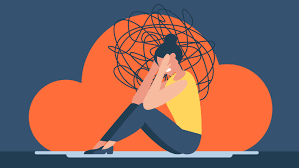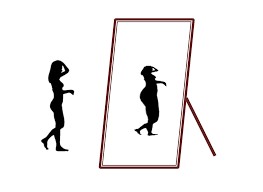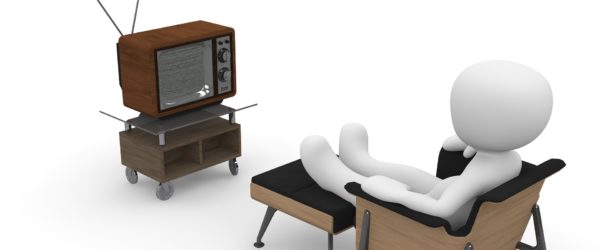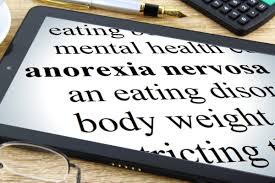The prevalence of post-traumatic disorder (PTSD)
The recent earthquakes striking southern and central Turkey as well as western Syria has not only caused thousands of fatalities but also impacted the mental health of many survivors.
Exposure after an earthquake can cause psychological disorders such as post-traumatic stress disorder due to the severe trauma, fear, stress of losing your home, loved ones and an economic downfall. Due to the nature of an earthquake being unpredictable, disastrous and life threatening it is important to notice and understand any symptoms you may have to ensure the right treatment is provided if there is something wrong. It can be quite daunting to seek help or have this on your mind straight after an incident or event however it is important to notice small changes in people around you to ensure their mental health is taken care of.
https://pubmed.ncbi.nlm.nih.gov/29292778/
What is PTSD
Post-traumatic stress disorder (PTSD) is a psychiatric disorder that can develop after a severely traumatic and horrifying life event. A study found that the prevalence of PTSD after earthquakes ranged from 4.10% to 67.07% in adults and from 2.50% to 60.00% in children.
Symptoms
It is best to record your symptoms and how often you experience them as this will help with the diagnosis when speaking to a mental health professional. The symptoms may include a vivid reexperience of the past trauma, intrusive thoughts, flashbacks and nightmares, dissociation, sadness, guilt, and insomnia. For a patient to be diagnosed with PTSD, the duration of the symptoms must be more than one month. https://www.ncbi.nlm.nih.gov/pmc/articles/PMC4663500/
Types of PTSD
Delayed-onset PTSD is when you have experienced the symptoms of PTSD for more than 6 months. Complex PTSD refers to a trauma that has been experienced growing up and has led to emotional instability, distrust, and disconnection with people around you. Birth Trauma is when complications during birth have led to a type of PTSD directly related to childbirth. You can read more about the different types by following this link https://psychcentral.com/ptsd/types-of-ptsd#uncomplicated-ptsd
Treatment options
You may feel like your life will never be the same, but it can be treated. The type of treatment depends on the severity of the symptoms and how soon they have appeared after the traumatic event. There are four cognitive behavioural therapies (CBT) that can help. Cognitive Behavioural therapy (CBT) focuses on the current symptoms and problems and changing patterns of behaviour and thoughts and feelings. Cognitive processing therapy (CPT) which allows you to change and challenge negative beliefs related to the trauma. Cognitive therapy has an end goal of changing the thought patterns that affect your everyday life. Prolonged exposure allows individuals to over time approach trauma-related memories, feelings, and situations by facing it and to not fear avoiding them.
Medications can be prescribed to help treat the symptoms of PTSD, such as insomnia, depression, and anxiety. There are also group therapies available for individuals to understand their condition and emotions better as well as to become more confident and trusting. It is easy to get lost in your own thoughts, daily meditation and yoga may also help ease this.
Getting help
It’s often quite easy to self-diagnose and misdiagnose yourself. Though concerns are always valid, sometimes it may lead to more stress and feeling hopeless if you falsely diagnose yourself and don’t know how to get support. Due to the avoidance symptoms of PTSD or fear that there may not be an effective treatment, it is easy for individuals to be under-diagnosed too. There is a higher risk of depression and attempted suicide rates when PTSD Is not treated. Wanting to put a label on a disorder and diagnosis for the pain you are feeling is common and may help you to become more accepting and want to heal so please get support if you feel as though you experience any of the symptoms stated.
Written by Maryam Fazalzadeha




